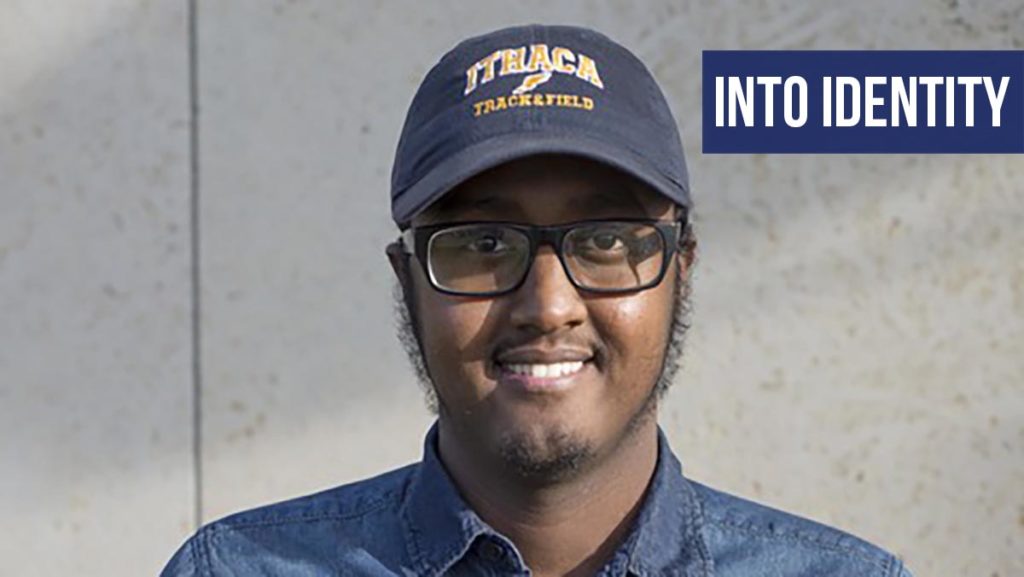Engaged discussions about racism, including its accurate historical genealogy and contemporary manifestations, were virtually absent in my high school. Teachers had an incredibly difficult time facilitating these dialogues in their classrooms. Some were afraid of controversy, others simply didn’t know how to lead such conversations.
Like any other inner city high school, my teachers were primarily white, middle class and female. Their students were largely students of color, some of who hail from low-income backgrounds.
After fatal shootings of an unarmed civilian by a police officer, my high school peers would arrive to class emotionally distraught, terrified and without words. This is precisely how I felt after a Minneapolis officer fatally shot Jamar Clark not far from my high school. I was in a perpetual state of fight-or-flight and could barely engage in classroom activities.
Instead of using these tragic events — which have regrettably become a common scenario — as a genuine learning opportunity to raise awareness, my teachers could hardly utter the words race and racism. Why is it so hard? Why do educators keep their mouths shut on the subject of racism?
The most comprehensive explanation come from Robin DiAngelo, an American scholar whose work concentrates on white racial identity. In a blog for the Huffington Post, DiAngelo argues that white people’s “socialization renders [them] racially illiterate” and that merely bringing up the topic of racism triggers white people to make defensive moves, a maneuver she terms “white fragility.”
I decided to focus my column on this issue due in part to recent events at Cornell University where a black student was beaten and called “n—–r” by a white fraternity member.
When white college students are reared in segregated areas with absolutely no interaction with people of color, let alone any schooling about structural inequality, chances are they’re going to think assaulting and calling black people racial slurs is acceptable. Put differently, racism on college campuses is inextricably linked to the severe lack of meaningful dialogue about race-related issues in primary and secondary education.
I understand this endeavor is difficult. And that’s fine. It’s not comfortable to talk openly and honestly about issues of discrimination. But it’s an important step in the process of raising awareness about structural racism and how to dismantle it.






